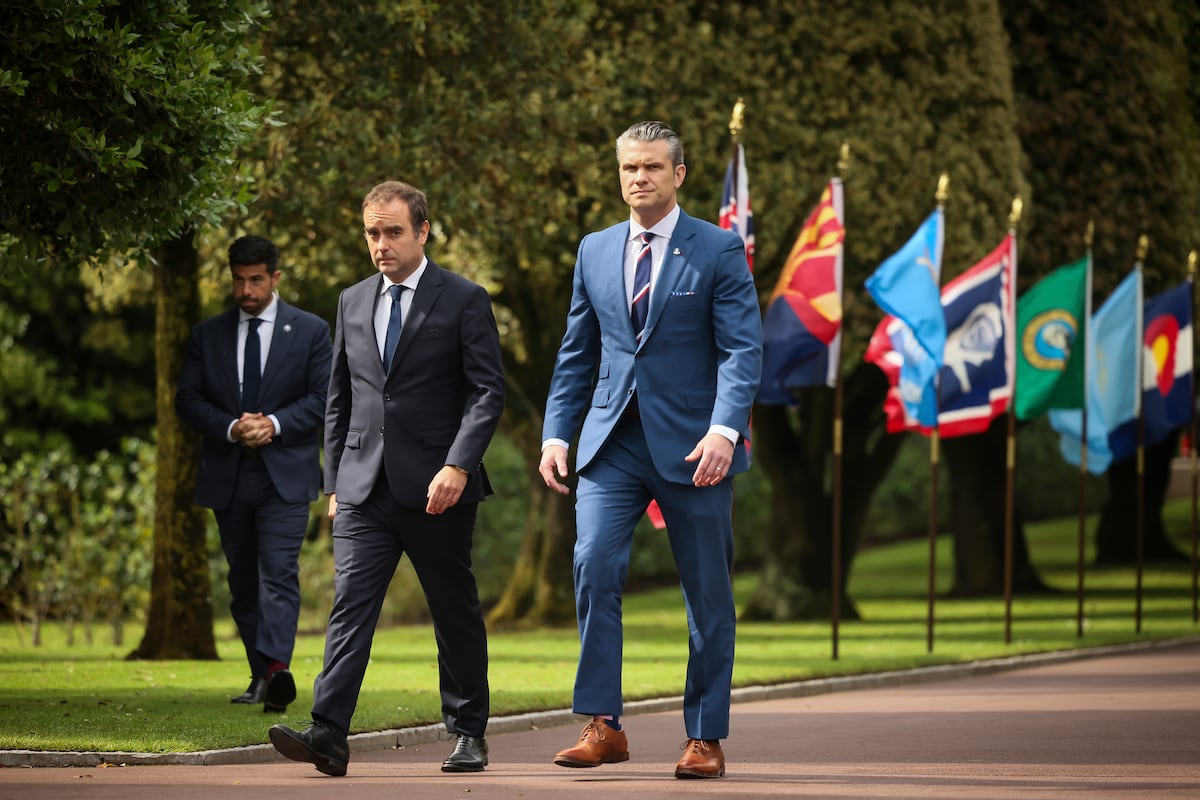Mandeep Lali Appointed CEO of TTC: Leading Toronto Transit's Future with a Focus on Safety, Efficiency, and Growth - Travel And Tour World
Sunday, June 8, 2025

Toronto’s transit system is poised for a significant transformation with the appointment of Mandeep Lali as the new Chief Executive Officer (CEO) of the Toronto Transit Commission (TTC). Starting his role on July 7, 2025, Lali brings a wealth of experience from leading major transit systems in New York and London. His appointment has raised high expectations from both commuters and TTC staff, who hope his leadership will address ongoing issues and modernize the system to meet the needs of the growing city.
Mandeep Lali’s experience in transit operations is extensive and highly regarded. His most notable previous role was serving as the Director of Subway Operations at the Metropolitan Transportation Authority (MTA) in New York. During his time at the MTA, Lali gained invaluable insight into managing one of the largest transit networks in the world, where he balanced the daily demands of running a subway system with the complexities of large-scale infrastructure projects.
In addition, Lali worked with Transport for London (TfL), where he contributed to key capital programs, including the Crossrail project. His role involved overseeing the integration of elevator systems, a complex engineering task that gave him a deeper understanding of how technical decisions can directly impact the daily commuting experience. This experience has uniquely prepared Lali to tackle Toronto’s transit challenges, especially in light of the city’s need for modernization.
Lali’s appointment comes at a crucial time for the TTC, following a period of interim leadership under CEO Greg Percy. While Percy is credited with steering the TTC through difficult times, including tight budgets and service disruptions, the organization now requires permanent leadership to drive forward the substantial changes needed to modernize the system. TTC Chair Jamaal Myers described Lali’s appointment as a “once-in-a-generation reset,” underlining the transformative potential Lali’s leadership brings to the organization.
This leadership change comes with the expectation of swift action, and many stakeholders are eager to see immediate improvements in TTC service. The appointment is seen as an opportunity to tackle the system’s long-standing issues, such as overcrowding, service delays, and the need for a more efficient, reliable transit network.
During his first address as CEO, Lali laid out his priorities for the TTC, focusing on four key areas: safety, reliability, affordability, and accessibility. These principles will be the foundation of his leadership strategy as he works to rebuild trust with Toronto’s residents and increase ridership across the system.
Lali emphasized that he intends to set measurable milestones, ensuring that progress can be tracked in the short term while laying the groundwork for sustainable, long-term improvements. His approach reflects a departure from vague promises, focusing instead on delivering tangible outcomes for commuters. To achieve these goals, Lali has already started fostering internal collaboration, forming cross-functional teams that include operators, maintenance staff, and planners to work together on identifying bottlenecks and solving systemic issues.
As Lali steps into his new role, he faces a transit system plagued by several persistent issues. Slow-order zones, overcrowded platforms, and vehicle bunching are among the most pressing challenges that continue to frustrate riders. These problems have contributed to long delays and a less-than-ideal experience for passengers.
To address these issues, Lali has commissioned a thorough data analysis to identify areas that can be improved quickly. His focus will be on implementing early fixes that can help reduce travel times, alleviate congestion, and ease commuter frustrations. Early solutions are expected to target the most visible issues, providing passengers with immediate relief while long-term strategies for service improvements are developed.
In addition to operational challenges, Lali’s leadership will need to meet the Ontario provincial government’s demand for fiscal responsibility from public agencies. With this in mind, Lali has committed to linking each operational improvement to revenue recovery or cost efficiency. Modernizing the TTC’s fleet and securing federal grants for accessibility improvements will be essential to achieving these goals.
One of the key strategies for improving service efficiency is exploring private partnerships to help fund the modernization of the TTC’s aging fleet. These collaborations could lead to better performance, lower operational costs, and an overall enhancement of the transit experience for passengers. Furthermore, Lali is keen to accelerate accessibility improvements, particularly for older streetcar stops, to ensure that the TTC serves all Torontonians, including those with mobility challenges.
While Lali’s experience in New York and London has impressed industry experts, his success at the TTC will ultimately depend on his ability to communicate effectively with all stakeholders—riders, city hall, and TTC staff. Transparent communication will be crucial as Lali works to implement short-term fixes while balancing the need for long-term expansion projects. His ability to deliver improvements quickly, while also planning for future growth, will be a major factor in his success.
Another challenge that Lali faces is managing the competing demands of maintaining existing services while planning for modernization. His ability to deliver both immediate relief for frustrated commuters and long-term improvements in transit infrastructure will shape how Torontonians view the future of their transit system.
Looking ahead, Lali’s vision could lead to a significant transformation of Toronto’s transit system. The city is growing rapidly, with an increasing and more diverse population that requires a modern, efficient transit network. The post-pandemic growth in ridership presents a valuable opportunity for the TTC to recapture lost ground and become a leading global transit network once again.
With his experience, focus on operational excellence, and commitment to fiscal responsibility, Lali has the potential to guide the TTC through its most challenging period in decades. Investors, tourists, and everyday commuters alike will benefit from a safer, faster, and more accessible transit system. Lali’s ability to balance immediate concerns with long-term strategic planning will be key to positioning the TTC as a world-class transit system that can meet the evolving needs of Toronto’s residents.
Mandeep Lali’s appointment as CEO of the TTC marks the beginning of a new chapter in Toronto’s public transportation history. With his proven track record in managing large, complex transit systems, Lali brings the expertise needed to address the challenges facing the TTC and drive it towards a more efficient, reliable, and accessible future.
As Lali works to tackle the current issues while also planning for the future, the success of his leadership will depend on his ability to communicate clearly with stakeholders, make tough decisions, and deliver tangible results. If Lali can balance these competing demands and achieve his goals, Toronto’s transit system could become a model for other cities around the world, attracting more riders and improving the quality of life for all residents.
In the years ahead, Toronto’s TTC could become one of the most admired and efficient transit systems globally, setting a new standard for what public transportation can achieve in terms of safety, reliability, and overall rider satisfaction. With Mandeep Lali at the helm, the future of Toronto’s transit system looks brighter than ever.











